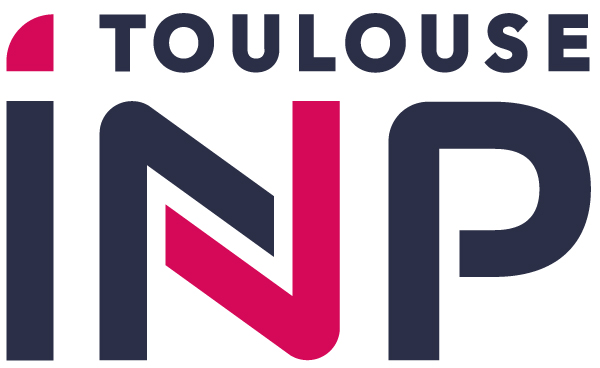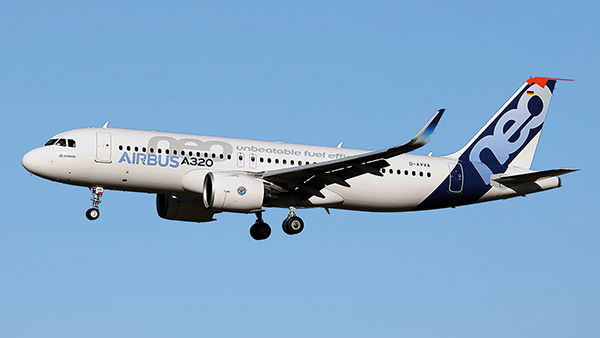
Master of Science Electrical Energy Systems
This master’s program focuses on areas of Electrical Energy Systems dedicated to several industrial applications.
The lectures and projects are structured into three separate specializations: Advanced Power Electronics, Electrodynamics and Mechatronics, and New Technologies of Energy.
Major themes: power electronics, mechatronics, electrical networks, renewable energy, sustainable design
Aims of the program
This program helps students acquire skills related to the production, storage, transmission, conversion (including electromechanical conversion) and use of electrical energy.
The teaching team, which includes experts working at the LAPLACE, LAAS and LGC research laboratories, instructs students in the design of power systems (dimensioning and control): static and electromechanical converters, mixed energy configurations including renewable energies, transportation and autonomous networks (smartgrids). Our approach is based on analytical system modeling and numerical optimization and simulation, considering couplings and interactions between system parts. Aspects of efficiency and sustainability are fully taken into account.
The courses are supported by numerous group projects designed to help students apply theoretical knowledge, same of them being supported by industrial partners.

Location
Location
2, rue C. Camichel BP7122
31071 Toulouse Cedex7
FRANCE
Duration
Place
ECTS
ECTS
Capacity
Capacity
Program content
Semester 1 (M1 – 30 ECTS credits): Adaptation Semester
Reinforced French Language for nonnative speakers and learning in main fields:
- Electrical Machines
- Design and Synthesis of Power Converters
- Electrical Grids
- Control of Linear Systems
- Soft and Human Skills
Semester 2 (M1 – 30 ECTS credits):
Common program :
- Control of Nonlinear Systems
- Architecture and Control of Electrical Systems
- Digital Control (FPGA, Microcontrollers, DSP)
- Soft and Human Skills
Choice between two specialization programs:
- First program: Electrical Systems of the Future
- Design of Static Converters: Switching Cells Implementation
- Renewable Energies and FACTS
- Second program: Mechatronic Systems
- Materials for Actuation
- Analytical and Physical Approaches for Mechatronics
Summer M1-M2 (mid-June – mid-September)
- Optional internship in Academic Research Laboratories or in Research & Development Industrial Centers (2-3 months), Research or Technical Project.
Semester 3 (M2 – 30 ECTS credits): choice between three Specialization Programs
First program : Advanced Power Electronics
- Systems and Power Grids
- Design of Static Converters
- Advanced Static Converters and Systems
- Actuators and Generators
- Smart Grids and Micro Grids
- Soft & Human Skills (including design group projet with industry partners)
Second Program: Electrodynamics and Mechatronics
- Physics for Mechatronics
- Numerical Methods and Optimization
- Design of Electromechanical Systems
- Architecture of Mechatronic Systems
- Applied Mechatronics
- Soft & Human Skills (including design group projet with industry partners)
Third Program : New Energy Technologies
- Systemic Design
- Smartgrids
- Hydrogen Energy Vector
- Renewable Energies
- Non Electrical Renewable Energies
- General Training
Semester 4 (M2 – 30 ECTS credits): Practical semester
- Long Project of 6 weeks in the areas of academic or industrial researches,
- Diploma Internship, i.e. “End-of-study Project ”: 6 months in Academic Research Laboratories or in Industry Research & Development Centers – legally paid internship.



Research Institutions & Industrial Partners
All teachers also work as researchers at laboratories affiliated to the French National Center for Scientific Research (CNRS): Plasma and Energy Conversion Laboratory (LAPLACE), Chemical Engineering Laboratory (LGC), and Laboratory for Analysis and Architecture of Systems (LAAS).
A significant percentage of the lectures and industrial projects include contributions of industrial R&D partners such as Airbus, Thales Alenia Space, SAFRAN, Actia, Schaeffler AG, EDF, GDF, SUEZ, CEA, ADEME, Liebherr Aerospace, Airbus Defense and Space, and SNCF.
Job opportunities
- Academic Research (30% of graduate students continue with PhD studies)
- Industrial Research & Development in:
- Production and Transfer of Energy Companies
- Power Equipment manufacturers (power generators, storage elements, power converters, propulsion actuators)
- Transportation industries (aeronautics, space, maritime, automotive, railways)
Focus
Contact
Contact
Application
Application
Language
Language
Network
INP-ENSEEIHT
Fees
-
Fees reduced to €5393/year for academic partners, European students, students from some developing countries, and selected students on a merit basis.
- Our Masters of Science are national degrees fully accredited by the French ministry of higher education.
- Further studies: PhD program (3 years).
- All MSc Degree holders are allowable to take a step forward in the academic track to get the PhD degree.
- Pre-requisite: Bachelor’s degree.
- Holders of a Master’s degree can directly enter the second year under conditions.
- Toulouse INP and INSA Toulouse welcome many international students each year and are more than happy to help them for practical and administrative formalities.
- Tool’Box pack will take care of you from A to Z : You can get the « essentiel » pack with all options (except for guided tour) or « cité internationale » pack.
Toulouse INP offers scholarships through a reduction of fees.
Students can apply to different other scholarship programs (governmental scholarships, European student mobility programs, French Eiffel and French embassies’ scholarship programs, training support programs from private foundations and companies).
- 1 passport-size photo.
- Photocopy of passport or ID card.
- Proof of English proficiency (if your native language is not English).
If you don’t have documents proving your level of English, an assessment interview will be arranged. - Certified academic transcripts.
- Certified copies of academic diplomas/degrees.
- Curriculum vitae in English or French (max. 2 pages).
- Short statement of motivation in English.
- Two letters of recommendation.

How to apply?
Direct application by e-candidat.
Download the application form (pdf) and send it with all the required documents until the June 30th.
